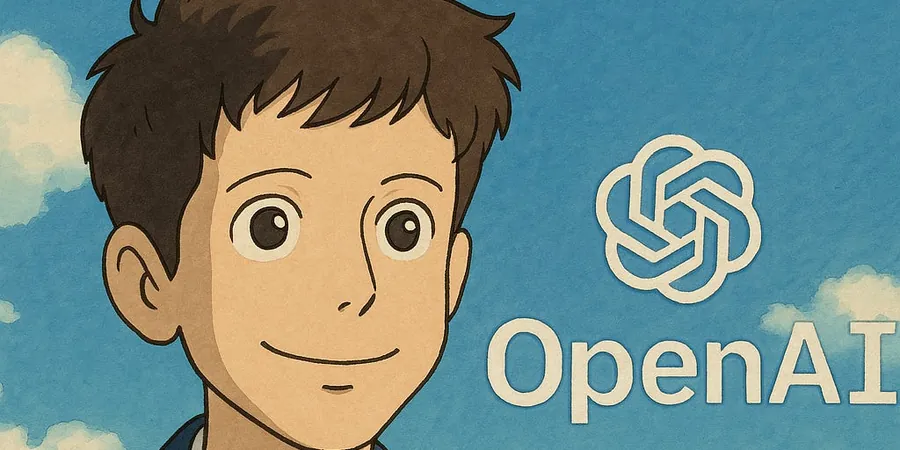
The Ghibli Craze: OpenAI's New Image Tool Sparks Controversy and Chaos!
2025-03-28
Author: Noah
The launch of OpenAI's newest image generator, "Images for ChatGPT," has shifted from a fun-filled meme fest to a heated controversy almost overnight. Launched earlier this week, the tool quickly became a focal point for online users eager to create and share unique images, but it wasn’t long before issues surrounding copyright and artistic integrity emerged.
The frenzy ignited when an X user pointed out a peculiar limitation of the tool, noting that while it could generate images of a “sexy man,” it refused to create “sexy women.” Sam Altman, CEO of OpenAI, swiftly addressed this glitch, attributing it to a "bug" and pledging that a resolution would be implemented soon.
Soon after, a wave of enthusiasm took over the platform as users began sharing their own photos and popular memes transformed into the enchanting style reminiscent of the legendary Studio Ghibli. Even Altman jumped into the fun, updating his profile picture with a Ghibli-style rendition of himself. Not to be left behind, the White House's official X account shared a Ghibli-style image related to an ICE arrest, further showcasing the trend.
However, the light-heartedness of the Ghibli frenzy quickly took a darker turn. Users started creating Ghibli-fied images of historic tragedies, such as the JFK assassination, the September 11 attacks, and scenes from World War II, which raised eyebrows and sparked a significant outcry.
In response, OpenAI announced it would begin blocking requests for Ghibli-style images and would take a cautious stance by rejecting requests for images similar to those of living artists. An OpenAI spokesperson confirmed that while Ghibli-style requests were curtailed, users could still generate art in broader studio styles. But determined users found ways around these restrictions, and reports emerged that the paid version of the tool still permitted Ghibli-style image creation.
Following the escalating demand, OpenAI limited the number of images free-tier users could generate daily, with Altman humorously noting that the platform's servers were “melting” under the pressure. As of now, it seems free users are unable to generate image requests altogether, citing copyright considerations.
The ramifications of this incident extend beyond just online fun. A larger debate over copyright and the use of creative works by AI tools has emerged. Critics argue that OpenAI's image generator exploits the hard work of artists, particularly Hayao Miyazaki, the mastermind behind Studio Ghibli's beloved animated features like "My Neighbor Totoro" and "Spirited Away."
Ed Newton-Rex, CEO of nonprofit Fairly Trained, characterized the incident as a significant moment for AI-related protests, drawing parallels to last year’s controversy involving Scarlett Johansson, who threatened legal action against OpenAI over a voice chatbot that allegedly mimicked her voice.
With the backdrop of ongoing lawsuits from various creators who claim their work is being utilized without consent, “Ghibli-gate” highlights a growing tension in the art and technology sectors. The outcry surrounding the Ghibli images is sparking a unified rebuke from authors and artists alike, with Newton-Rex noting that such blatant intellectual property theft by AI companies has united many in outrage.
Furthermore, concerns are rising about the implications this new tool has for graphic designers and emerging AI image-generator startups. Klarna CEO Sebastian Siemiatkowski voiced his apprehension, stating that OpenAI’s tool could potentially "wipe out" certain companies and have drastic consequences for countless jobs in the creative industries.
As the debate continues, all eyes are on OpenAI—will they adjust their practices to respect artistic rights, or will the pursuit of technological advancement prevail at the expense of human creativity? Stay tuned, as the Ghibli saga unfolds!
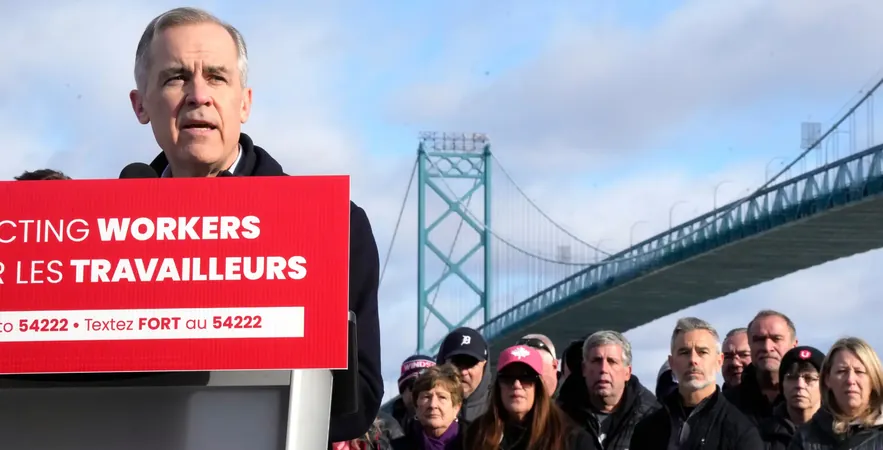

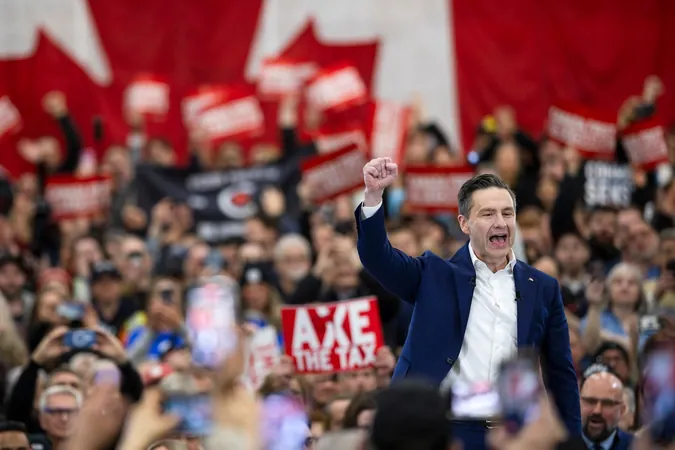
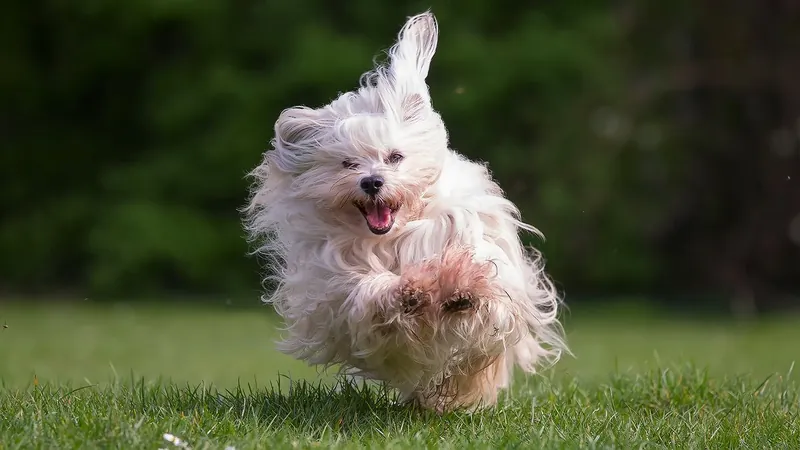
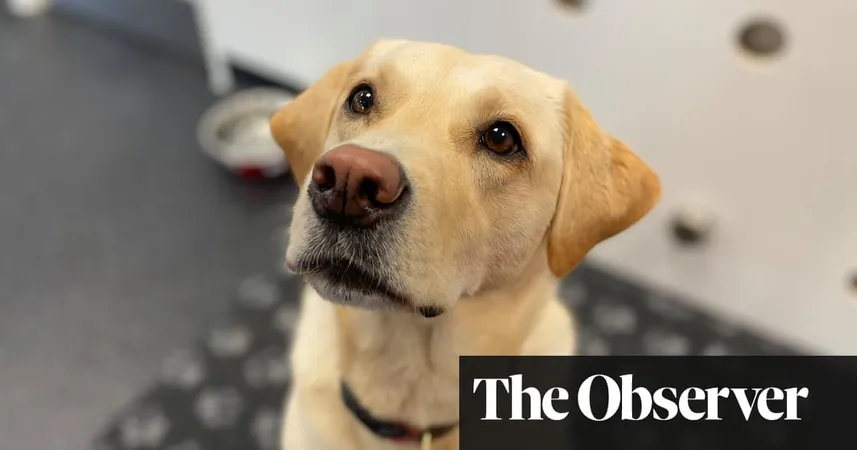
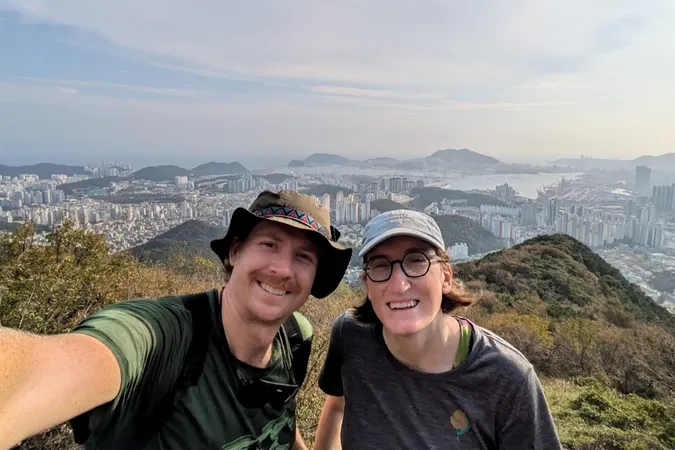
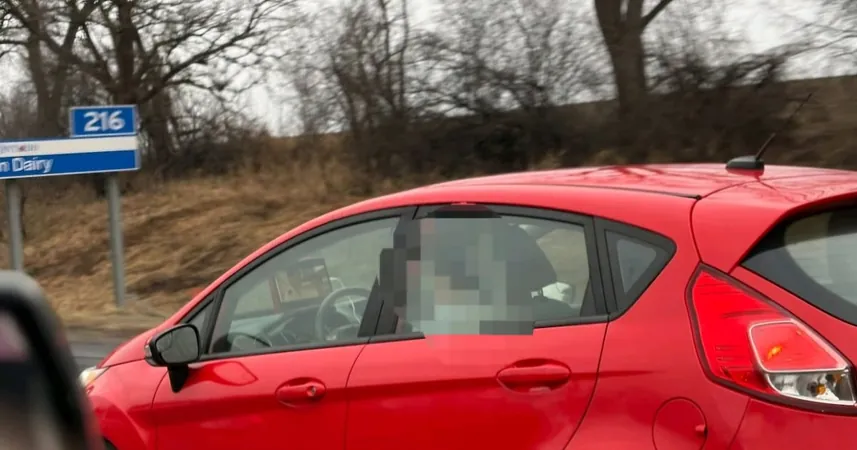
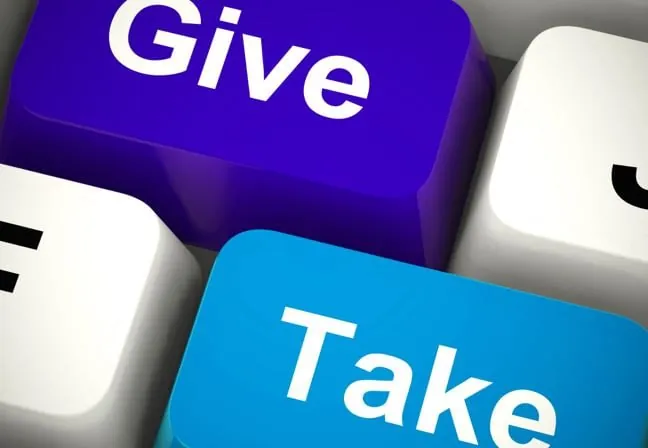
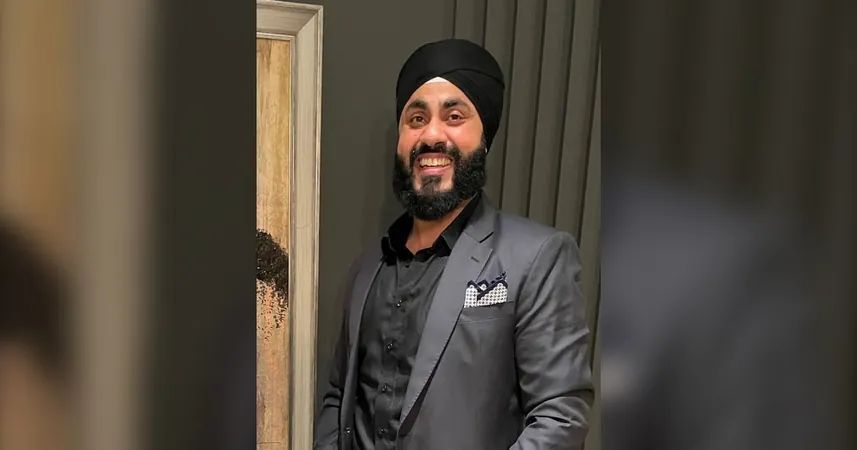
 Brasil (PT)
Brasil (PT)
 Canada (EN)
Canada (EN)
 Chile (ES)
Chile (ES)
 Česko (CS)
Česko (CS)
 대한민국 (KO)
대한민국 (KO)
 España (ES)
España (ES)
 France (FR)
France (FR)
 Hong Kong (EN)
Hong Kong (EN)
 Italia (IT)
Italia (IT)
 日本 (JA)
日本 (JA)
 Magyarország (HU)
Magyarország (HU)
 Norge (NO)
Norge (NO)
 Polska (PL)
Polska (PL)
 Schweiz (DE)
Schweiz (DE)
 Singapore (EN)
Singapore (EN)
 Sverige (SV)
Sverige (SV)
 Suomi (FI)
Suomi (FI)
 Türkiye (TR)
Türkiye (TR)
 الإمارات العربية المتحدة (AR)
الإمارات العربية المتحدة (AR)